Top 7 Game features that no one asked for
Who, exactly, asked for this?
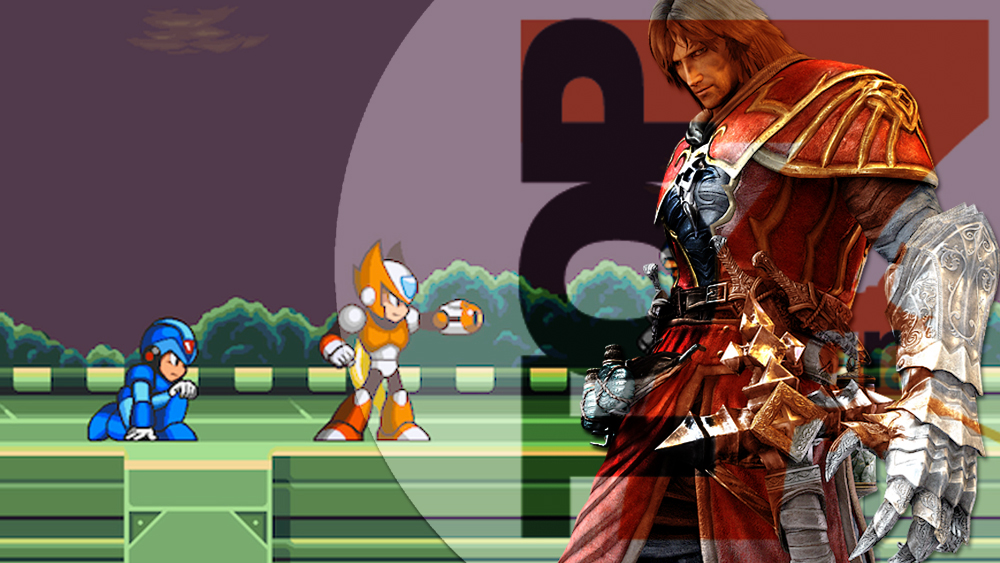
You and I don't run multimillion-dollar video game companies. We're not fully cognizant of all the incredibly hard work, nerve-wracking deadlines, and unforeseen costs that go into making amazing games; we simply want to play and enjoy the finished product. But even if we're not the ones calling the shots and making the incredibly fun content, some aspects of our favorite games just seem so misguided. Unnecessary, even.
Game developers and publishers have a limited amount of resources, so they need to carefully choose what they spend their precious time and money on. And though we can sympathize with, and understand, the reasoning behind the existence of certain marketing ploys and in-game features, that doesn't mean we're convinced of their worth. Consider these seven topics as a bit of constructive criticism; a definitive statement that, no matter how refined these features may be, many gamers just don't seem to care. Because--really--when was the last time you got actively excited about things like
7. Companion apps
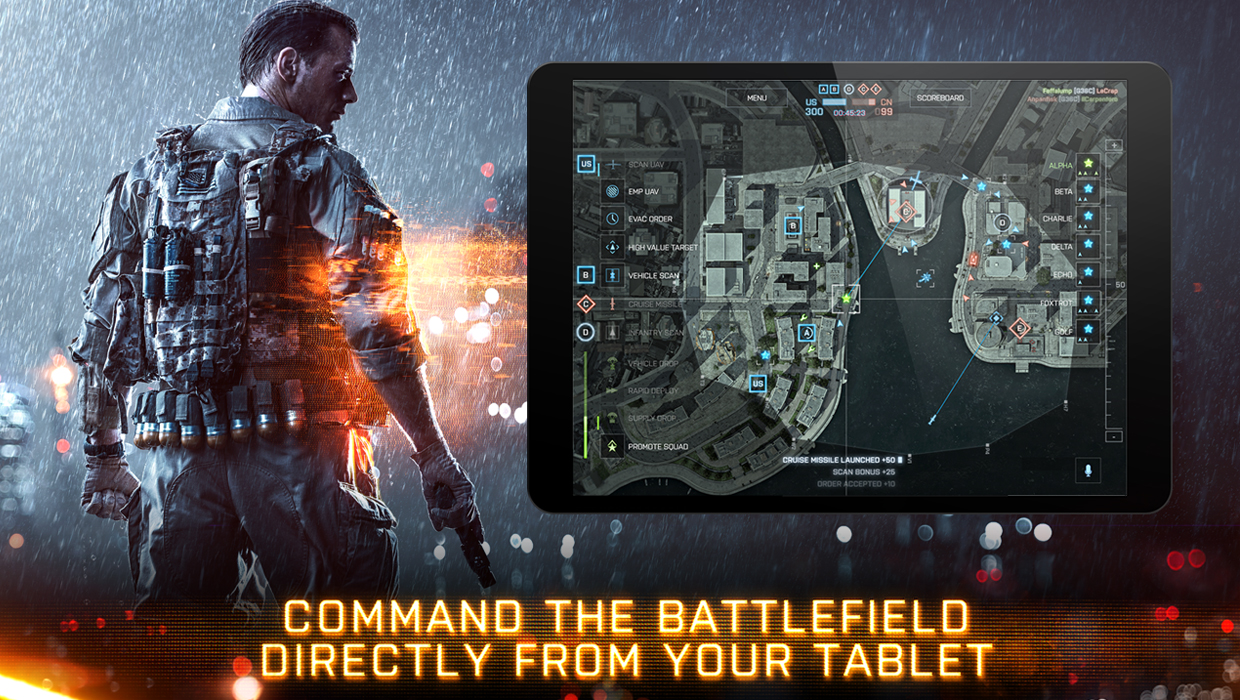
These days, almost everyone's got a smartphone or a tablet! And since we're constantly using these high-tech devices throughout the day, why not produce a bite-sized application that complements a full-priced video game? It could serve two purposes, acting as a gateway to the game content for people still on the fence, while giving existing players a change of pace. Stat-tracking apps are perfectly harmless--but asking us to gaze at our phones or tablets in the presence of an active console is woefully ill-advised.
Which would you rather be looking at: dazzling graphics on a TV screen, or miniscule maps, grids, and icons on a dinky handheld? The cross-platform interactivity is usually entertaining for a good fifteen minutes--and from that point on, all you can think about is how much more fun it would be to actually play the full game. If I really want to use my phone while gaming, it'll probably be for checking my Twitter or text messages, not ineffectually telling my teammates where to go.
6. Multiplayer achievements
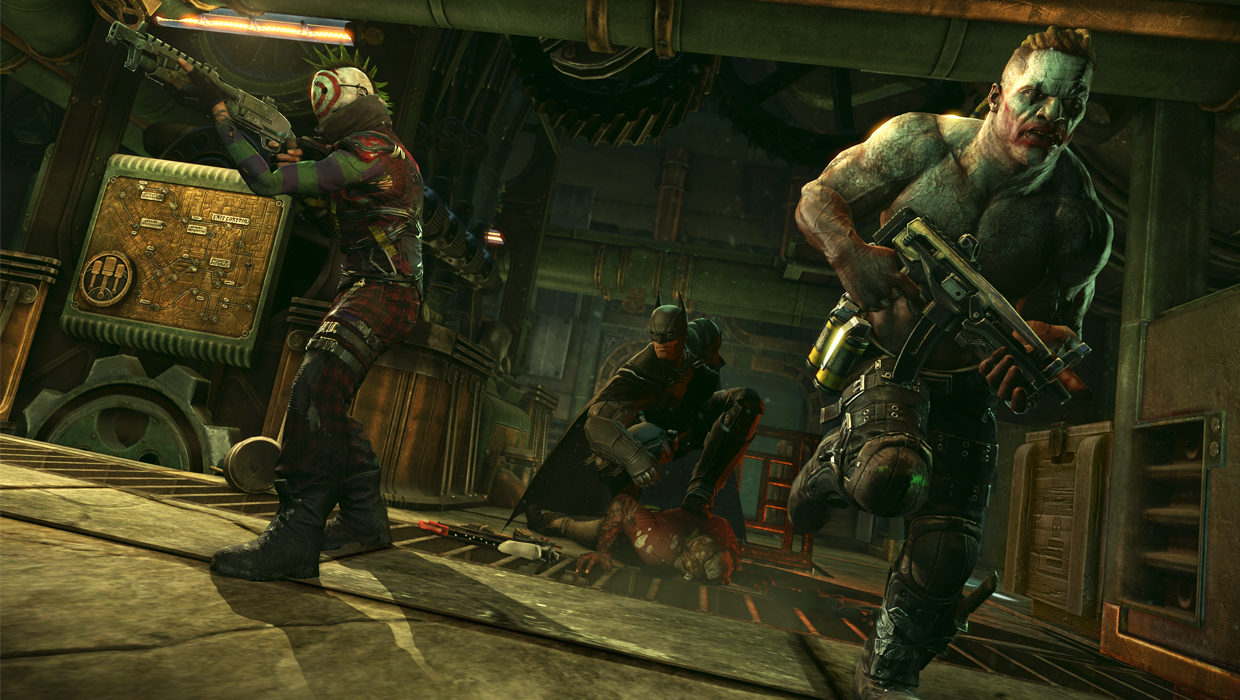
Online environments have so much to offer: fast-paced action, high-level competition, and deep, rewarding progression. Yet despite all the work that goes into crafting a quality multiplayer mode, some players can't even be bothered to give them a try. Add in some Achievements or Trophies, however, and suddenly those loner gamers have an incentive to venture into matchmaking. Plus, it's a rush to score an impressive kill on an enemy player and get an unexpected Gamerscore boost in the same moment.
But God help anyone who didn't buy the game on day one. Nine times out of ten, multiplayer modes have a finite lifespan; eventually, everyone will migrate to the annualized sequel, or whatever new and shiny game is available. And at a certain point, getting those multiplayer Achievements will be all but impossible. Even if you somehow find a server that isn't empty, there's no way you're going to reach max level, or score X kills with Y gun on Z map.
5. Bloated glossaries of in-game content
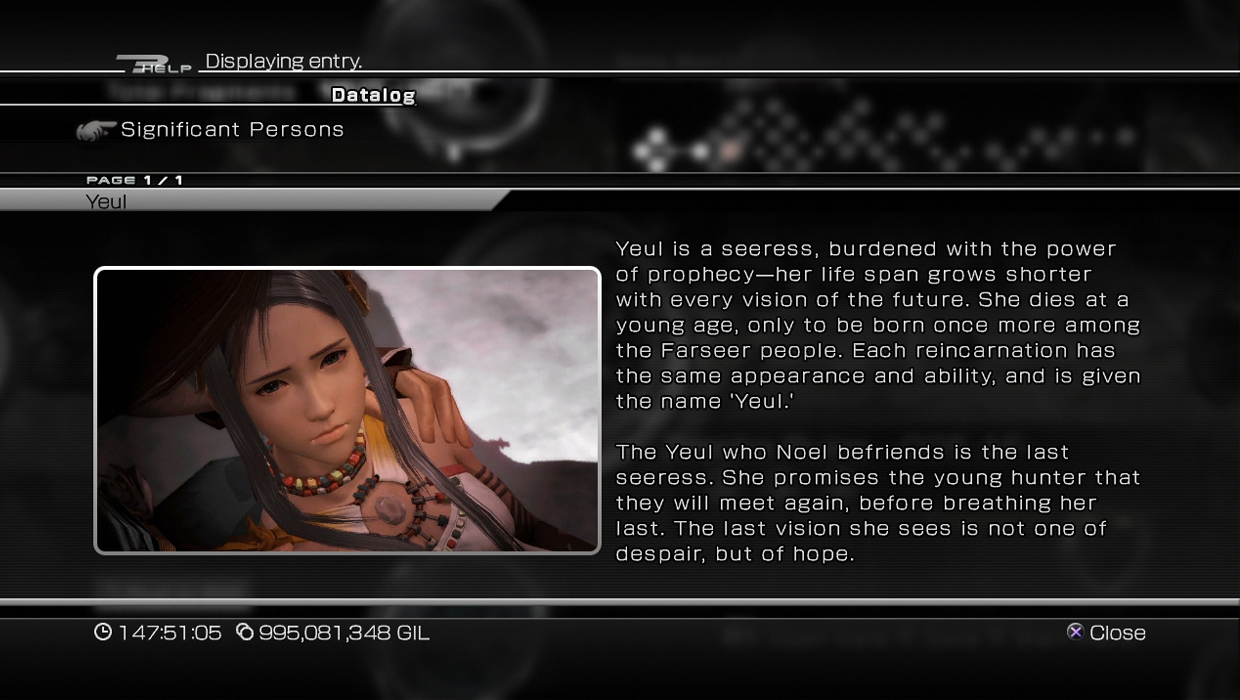
Crafting a game world must be one of the most rewarding things a writer can do. Sure, there's the story of the player and their heroic/villainous deeds--but surrounding that central narrative is an entire universe of possibilities, from rich lore and environmental history to alien cultures and NPC backstories. The most successful world-building will engross the player, so they have an insatiable curiosity to find out everything they can about the virtual landscape they're exploring.
Weekly digests, tales from the communities you love, and more
Or they'll fail to notice the little things entirely. Extensive background lore can backfire when players aren't willing to collect datalogs, read journals, or decipher hidden messages just to contextualize the actual act of playing. These overstuffed glossaries are something of a cop-out: the information they contain isn't crucial to understanding of the story, but the writers still wanted this peripheral literature to exist somewhere. Unfortunately for those writers, all that work will be completely undermined when their efforts get mercifully abridged by someone making a Wiki entry.
4. Edition re-releases
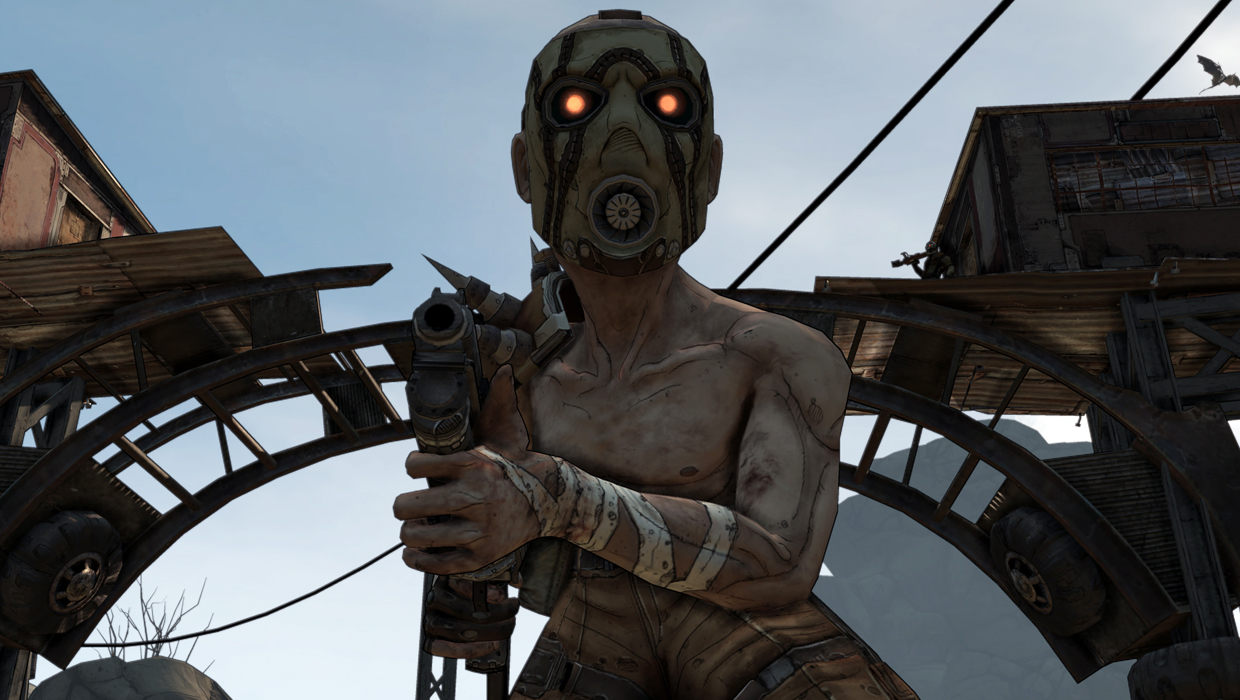
In theory, repackaging your game as a comprehensive edition--Game of the Year, Definitive, Legendary, whatever--is a huge service to players, and an excellent marketing move. Your slightly aging game becomes immediately relevant again, with a better-than-ever deal for players that skipped out on the original release. And with an attractive new price for all this excellent content, you're bound to attract an onslaught of new buyers.
In practice, these editions are indeed great--unless you're an early adopter, in which case they become a violent kick to the proverbial stones. You know that game you paid $60 / 40 for, plus all the DLC you bought at $10 / 8 a pop? Yeah now we're offering all that content to everyone but you for a mere $20 / 20. Oh sure, they had to wait a few months--but thanks to you giving support early on, they get all the benefit! You, on the other hand, get nothing but buyer's remorse.
3. Mobile spin-offs of classic franchises
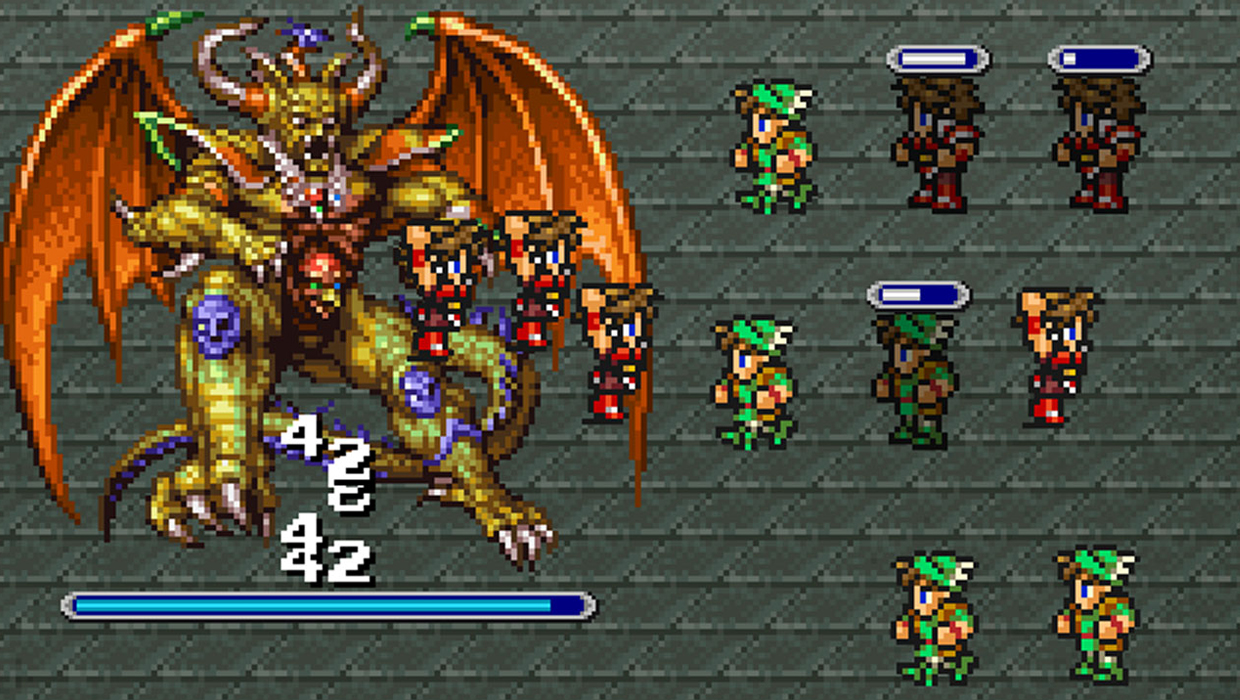
Nostalgia is one of the most powerful forces known to all gamerkind. Publishers know this--and in their eyes, giving us a redone port or modernized homage to a classic game is a win-win. Gamers get to relive the glory of the original game or play it for the first time, with the added benefit of portability and easy-access purchase options. Publishers get to rake in profits for a whole new market, and may drum up enough interest to start an entirely new franchise of beloved, fan-targeted apps.
On rare occasions, they can turn out alright--but from the consumers' perspective, these typically come off as scummy cash grabs. Instead of spending resources to make an entirely new game worthy of an old series, developers had to design the most addictive, exploitative game they could using archaic assets or butt-ugly HD redraws. Where once there were comfortable D-pads and face buttons, there's now swipe controls and ludicrously unresponsive virtual joysticks. Who cares if you bought it based on the franchise name alone, only to realize that the mobile version sucks? The publisher already has your money.
2. Replay editors
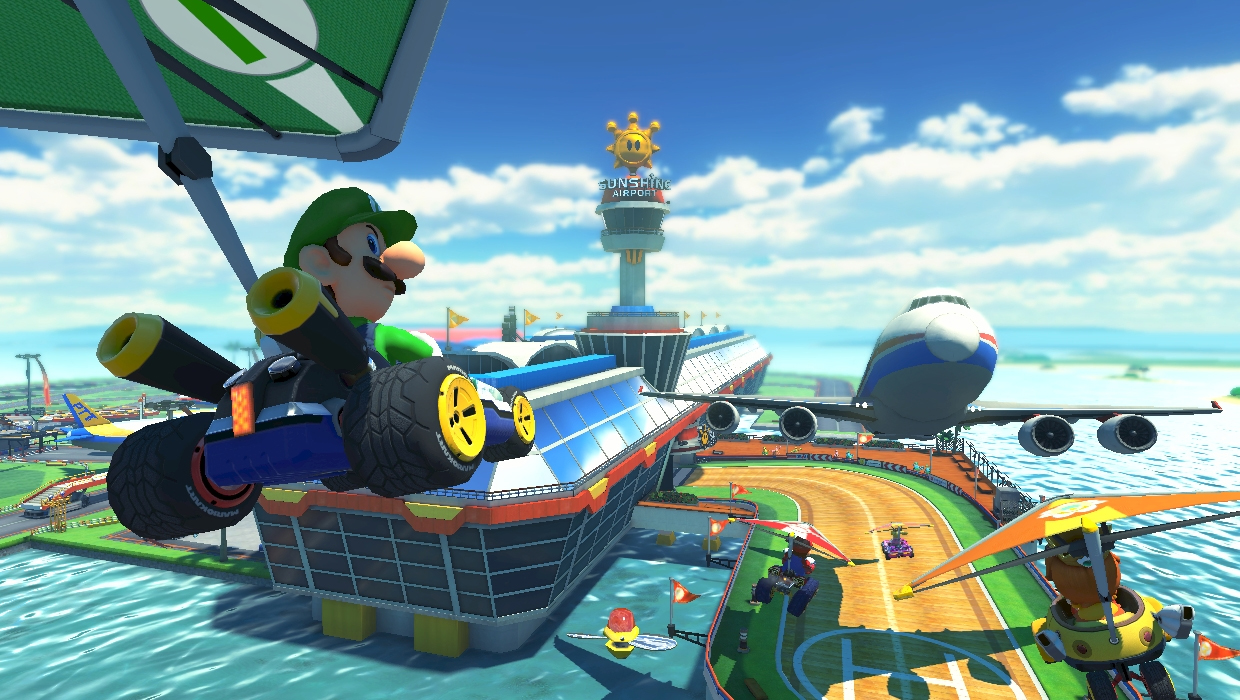
You never know what could happen during a match. Maybe you ever-so-narrowly made that hairpin turn, or pulled off a beautiful drift to secure a first-place finish. And simply telling your friends about these moments isn't enough--you want to show them what you accomplished. Lucky for you, a replay saves after every run, giving you the option to save your best highlights and edit them to be passed around. The developers have given you the tools to save and share your accomplishments, and you should appreciate that.
But gamers have already been doing that for years, on this little site called YouTube. And over time, we've all made an amazing discovery: 90% of all user-made videos are completely wack. You may think that no-scope headshot or shortcut discovery was awesome--problem is, you're the 93,716th person to do that and attempt to share it with the world. Replay editors don't shine a spotlight on your gaming accomplishments. On the contrary: they're an outmoded way of making you realize that your seemingly impressive experiences are actually, and totally, insignificant. Unless, that is, you hit the going-viral lottery--in which case, congrats.
1. DLC that's critical to the canon
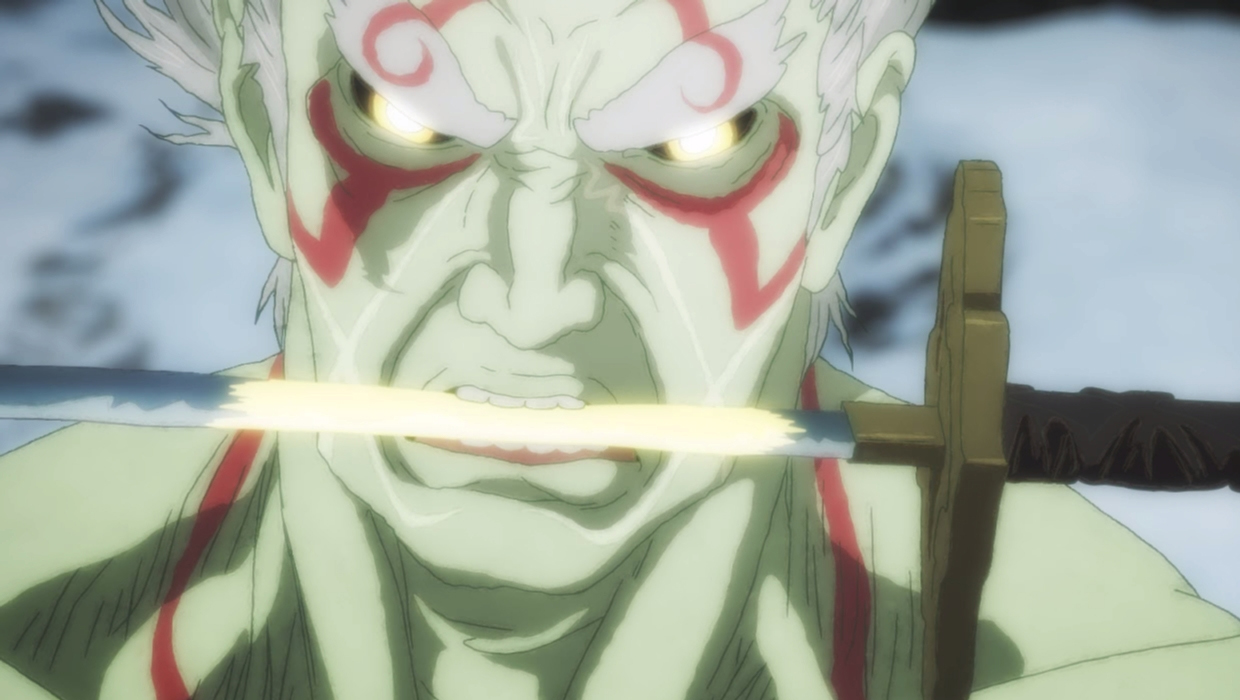
When you've played a game for dozens of hours, finally reaching the end can be bittersweet. While you're happy to see all your hardships resolved, it means saying goodbye to the characters you've grown to love over the course of the game. But what if the story didn't have to end there? DLC is inherently meant to prolong the life of a game, and some developers take it upon themselves to weave it into the existing plot and tease at potential sequels. After all, wouldn't you prefer an extension of the established narrative to a handful of aimless combat challenges?
There's a grievous flaw in that logic: DLC is thought of as an extra, so gamers usually assume that we won't be strong-armed into buying more content just to find out how the story really ends . Without experiencing the DLC-exclusive addendums of games like Asura's Wrath, Castlevania: Lords of Shadow, Prince of Persia, or the entire Mass Effect series, you're not getting the full picture, no matter how thoroughly you completed the core game. If video games were books, it'd be like paying the author extra for a pugnaciously tone-changing epilogue to your favorite novel, months after you finished reading the original work.
Time to reevaluate
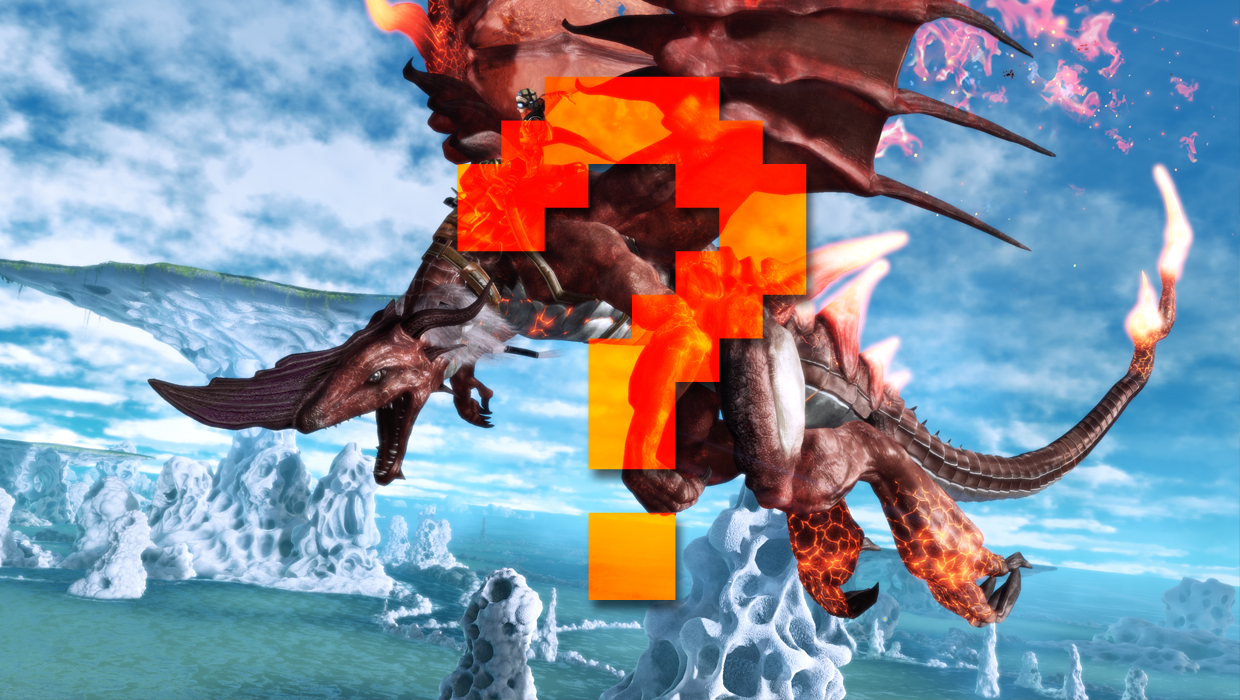
Those are the game features that continue to fall flat for us. Are there any others that make you roll your eyes whenever you see them? Perhaps microtransactions in paid-for games (like Crimson Dragon, above)? Think the developers and publishers could be using their resources in smarter ways? Enlighten us in the comments below.
And if you're looking for more Top 7 articles, check out Top 7 Game characters you're wrong for hating and Top 7 Fantastic sequels to forgettable games.
Lucas Sullivan is the former US Managing Editor of GamesRadar+. Lucas spent seven years working for GR, starting as an Associate Editor in 2012 before climbing the ranks. He left us in 2019 to pursue a career path on the other side of the fence, joining 2K Games as a Global Content Manager. Lucas doesn't get to write about games like Borderlands and Mafia anymore, but he does get to help make and market them.



